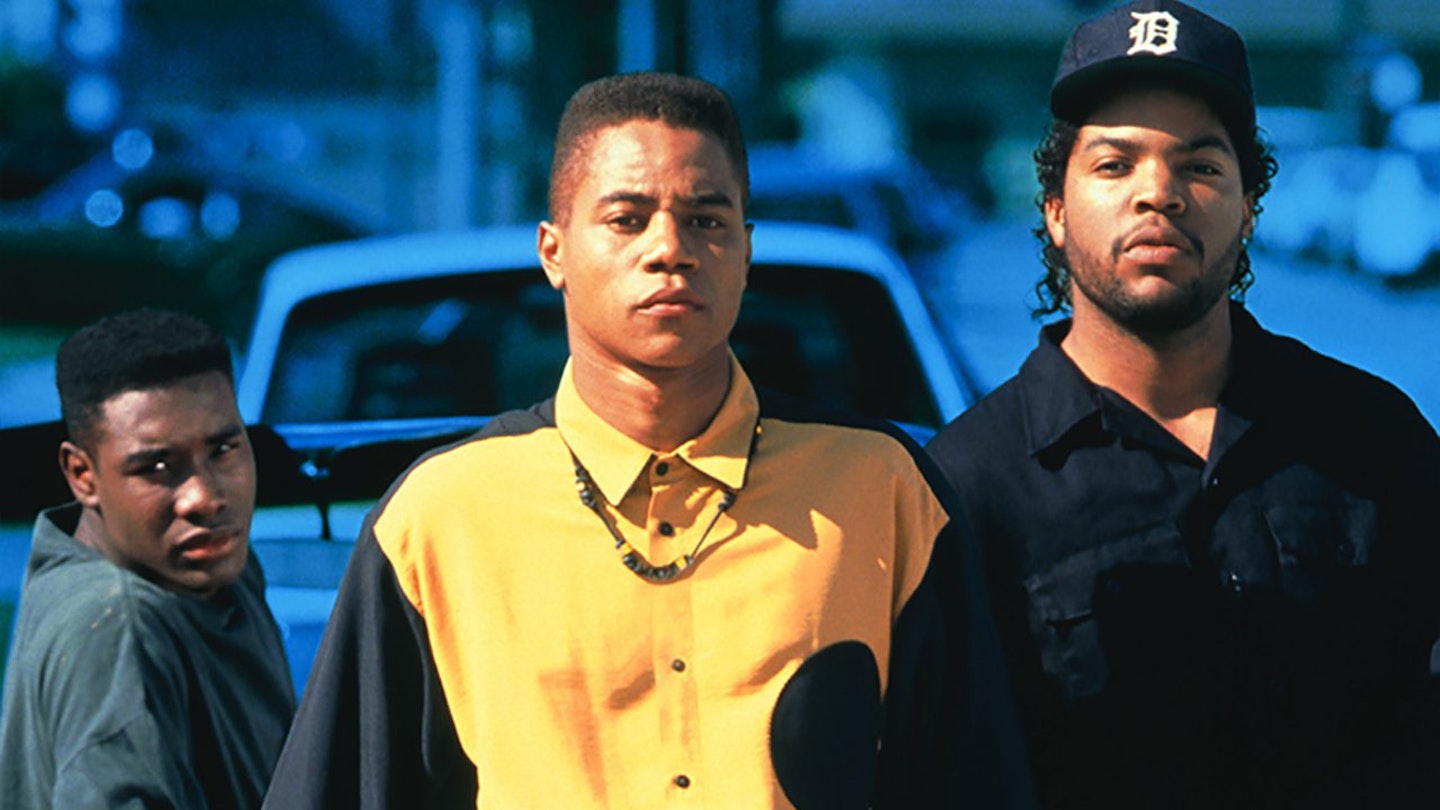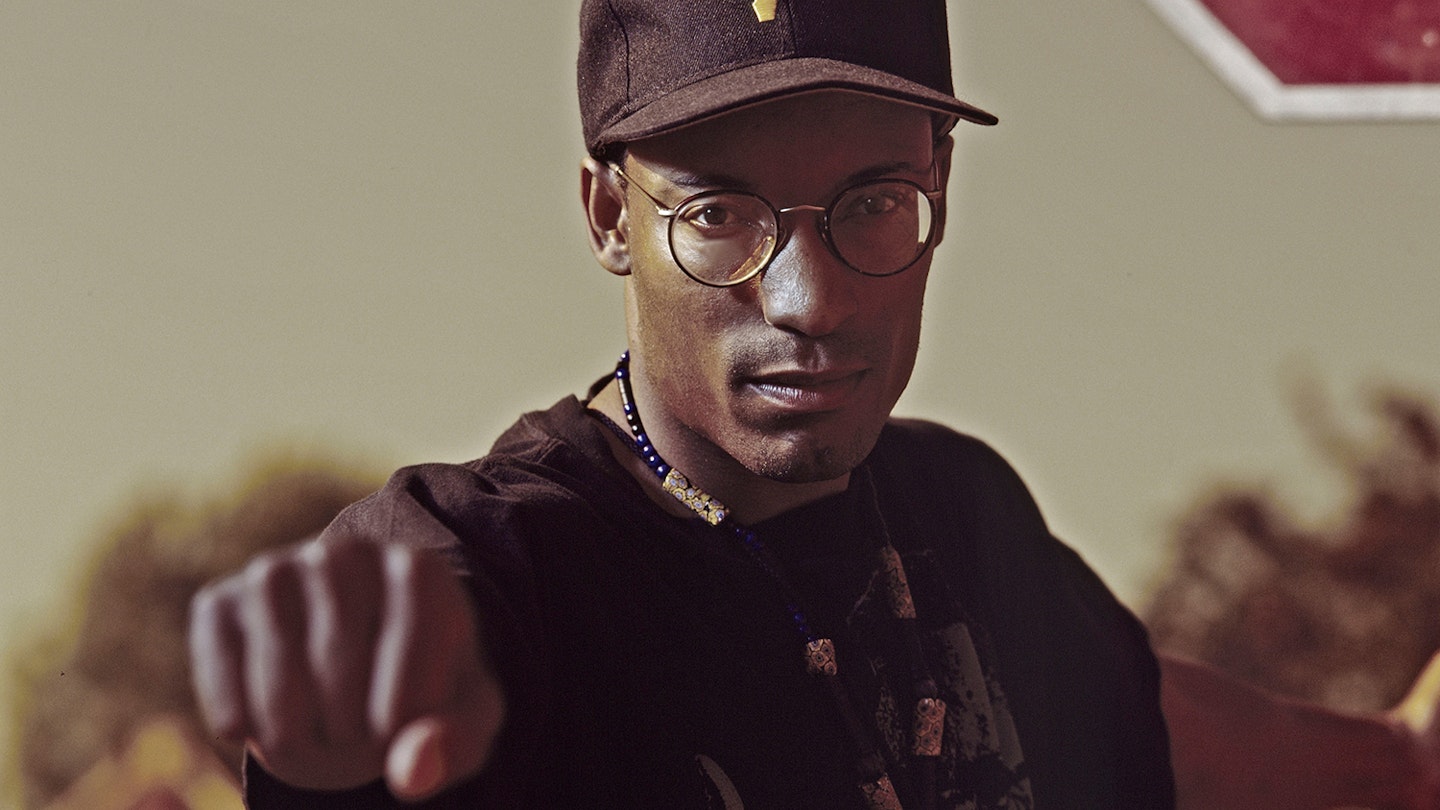Arriving to pre-publicity involving riots, looting sprees and a body count, it's easy to suppose Boyz N The Hood's appeal lies in an easily-accessed glamourisation of violence. Happily such assumptions are without substance. The film not only lives up to its "Increase The Peace" subtitle but by refusing to overtly moralise puts its concerns across with astonishing impact.
The "Boyz" are three kids looking for very different things as they pass out of their teens: university; doing nothing yet not returning to jail; and a career on the football field. The "Hood" (neighbourhood) is the gang-law killing fields of South Central LA. And the story, such as it is, observes their lives in two chunks, at age six and, mainly, 11 years later.
This well-worn coming of age theme is given no special treatment (the kids' extraeneous worries involve parents, girls, cars and having fun), and the series of minutely detailed everyday incidents opens participants' lives to the point at which you feel part of them. It's once you know the area's vibrant cross-section of personalities, attitudes and ambitions - very few of them gang affiliated - that the increasingly obvious background takes on genuinely shocking proportions. A girl's concentration on her homework is repeatedly broken by gun fire; helicopter searchlights illuminate living rooms as families watch TV; and unfamiliar cars prompt panic on porches. When tension finally spills over into the inevitable pointless murder, attention is focussed not on the act but (rarely bothered with in comparable films) on the immediate effect on the family of the bloody death of a 17-year-old boy. The scenes are a horribly damning indictment of the situation, but the film as whole goes further.
Singleton's portrait of local residents as exactly what you'd find in any other part of town, just less wealthy, affords a dignity and air of normality to black life. But more importantly, their self-containedness (characters and lives are not seen merely as relative to white people) allows the underlying message of their need to take responsibility for themselves to be perceived as able to offer a solution.


